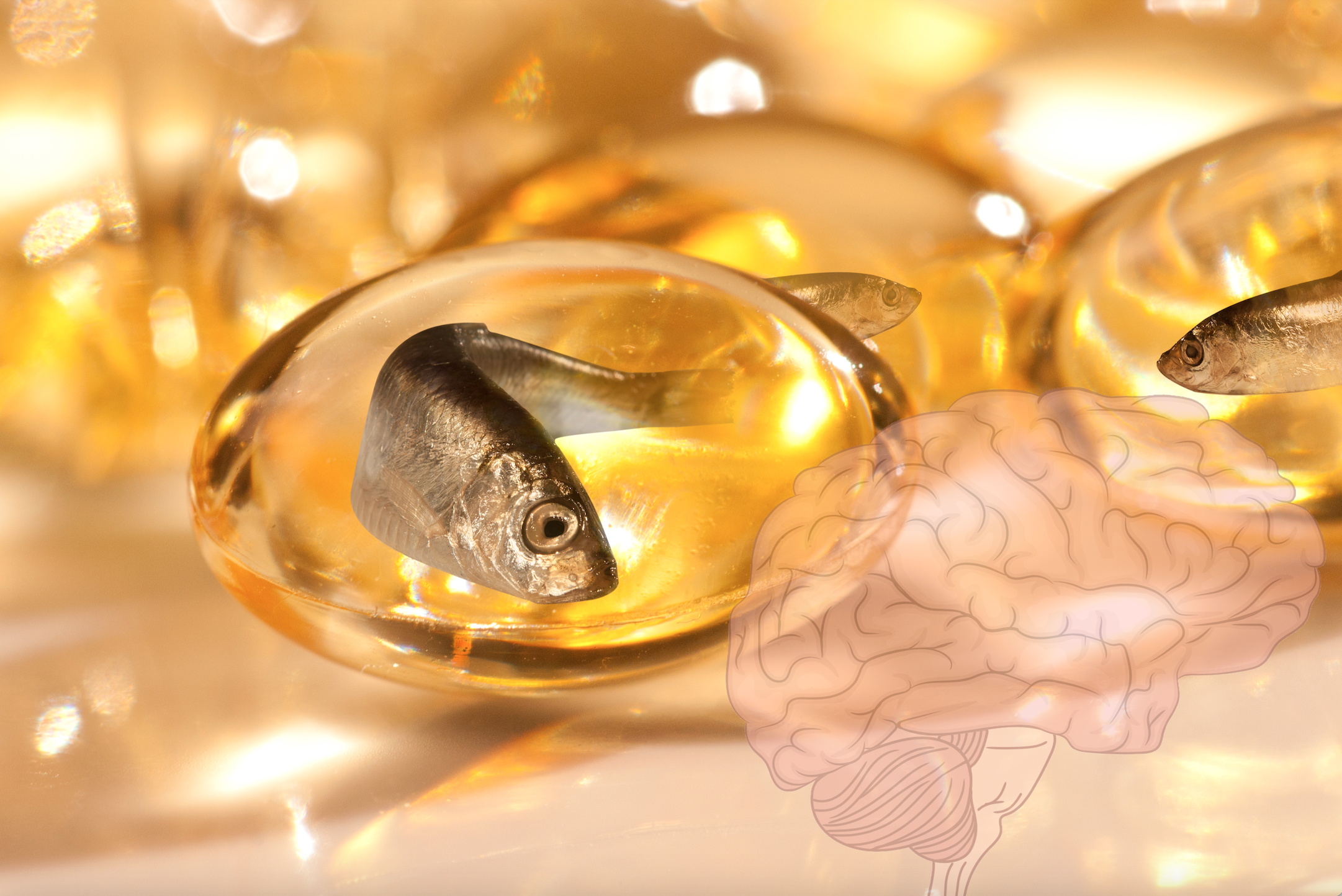Individuals with depression exhibiting a pro-inflammatory phenotype receiving omega-3 polyunsaturated fatty acids experience improved motivation-related cognitive function: Preliminary results from a randomized controlled trial


The CNP Polyunsaturated Fatty Acids and Mental Health Research Category consolidates research exploring the current evidence base to support the connection between polyunsaturated fatty acid intake and brain, psychological, and clinical mental health. To view each original study on the open internet, click “Original.” To view the CNP-written abstract summary, click “CNP Summary.” While only some CNP-written abstract summaries are available below for free, all are available to CNP members through the CNP Library Membership.

There are several risk factors associated with the onset of type-II diabetes, including psychological stress and pre-diabetic states. In this randomized control trial by Rajabi‐Naeeni et al. (2021), the authors investigated the efficacy of omega-3 and vitamin D co-supplementation on improving psychological distresses in 168 women of reproductive age suffering from pre-diabetes and hypovitaminosis D. The participants were randomized into four groups for the duration of the experiment (8 weeks), a placebo group (group 1), omega-3 group (group 2, 1,000 mg tablets), vitamin D group (group 3, 50,000 IU pearls) and a co-supplement group (group 4). The participants had their fasting blood glucose and vitamin D measured at the beginning of the study and were evaluated at the beginning and at the end of the intervention using the Depression Anxiety Stress Scale‐21 and the Pittsburgh Sleep Quality Index. The results demonstrated a substantial reduction in symptoms of anxiety, and improved sleep quality with co-supplementation in comparison to the other three groups. The co-supplementation group also experienced substantial reductions in depression and stress when compared to the placebo group. Thus, the authors highlight the impact of vitamin D and omega-3 co-supplementation on ameliorating depression, anxiety, and sleep quality in reproductive-age women suffering from pre-diabetes and hypovitaminosis D, and recommend these two supplements to enhance the mental health of this particular population.
Individuals with depression exhibiting a pro-inflammatory phenotype receiving omega-3 polyunsaturated fatty acids experience improved motivation-related cognitive function: Preliminary results from a randomized controlled trial
Omega-3 fatty acids and mental health
CNP Research Summary can be found in the CNP Library Membership
Effect of walnut consumption on neuropsychological development in healthy adolescents: A multi-school randomised controlled trial
Omega-3 polyunsaturated fatty acids supplementation alleviate anxiety rather than depressive symptoms among first-diagnosed, drug-naïve major depressive disorder patients: A randomized clinical trial
Omega-3 polyunsaturated fatty acids critically regulate behaviour and gut microbiota development in adolescence and adulthood
CNP Research Summary can be found in the CNP Library Membership
A recent update on the effects of omega-3 fatty acids in Alzheimer’s disease
Fish oil, but not olive oil, ameliorates depressive-like behavior and gut microbiota dysbiosis in rats under chronic mild stress
CNP Research Summary can be found in the CNP Library Membership
The role of physical exercise and omega-3 fatty acids in depressive illness in the elderly
Omega-3 fatty acids in the psychological and physiological resilience against COVID-19